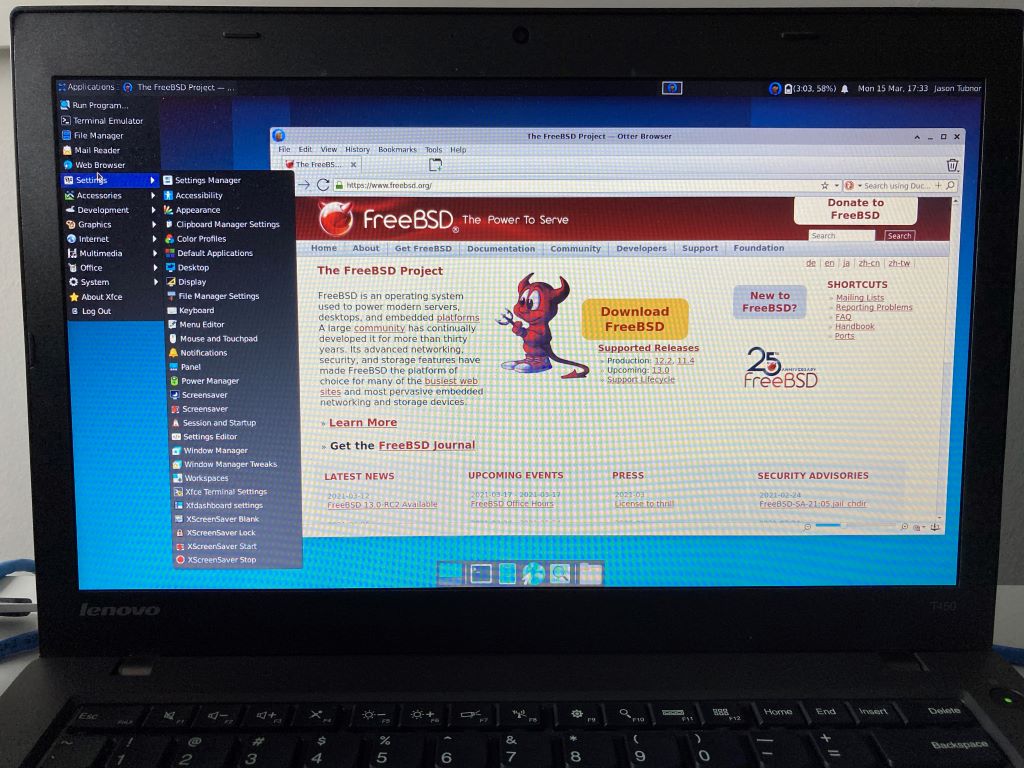We are coming on two decades since IPv6 became a recognised standard and generally available but it is still not being widely adopted by people and organisations that have easy access to IPv4 address space. Even if you have a native IPv4 address, it will typically be in the form of some CG-NAT or other …
Continue reading “Native IPv6 with OpenBSD and Aussie Broadband”
